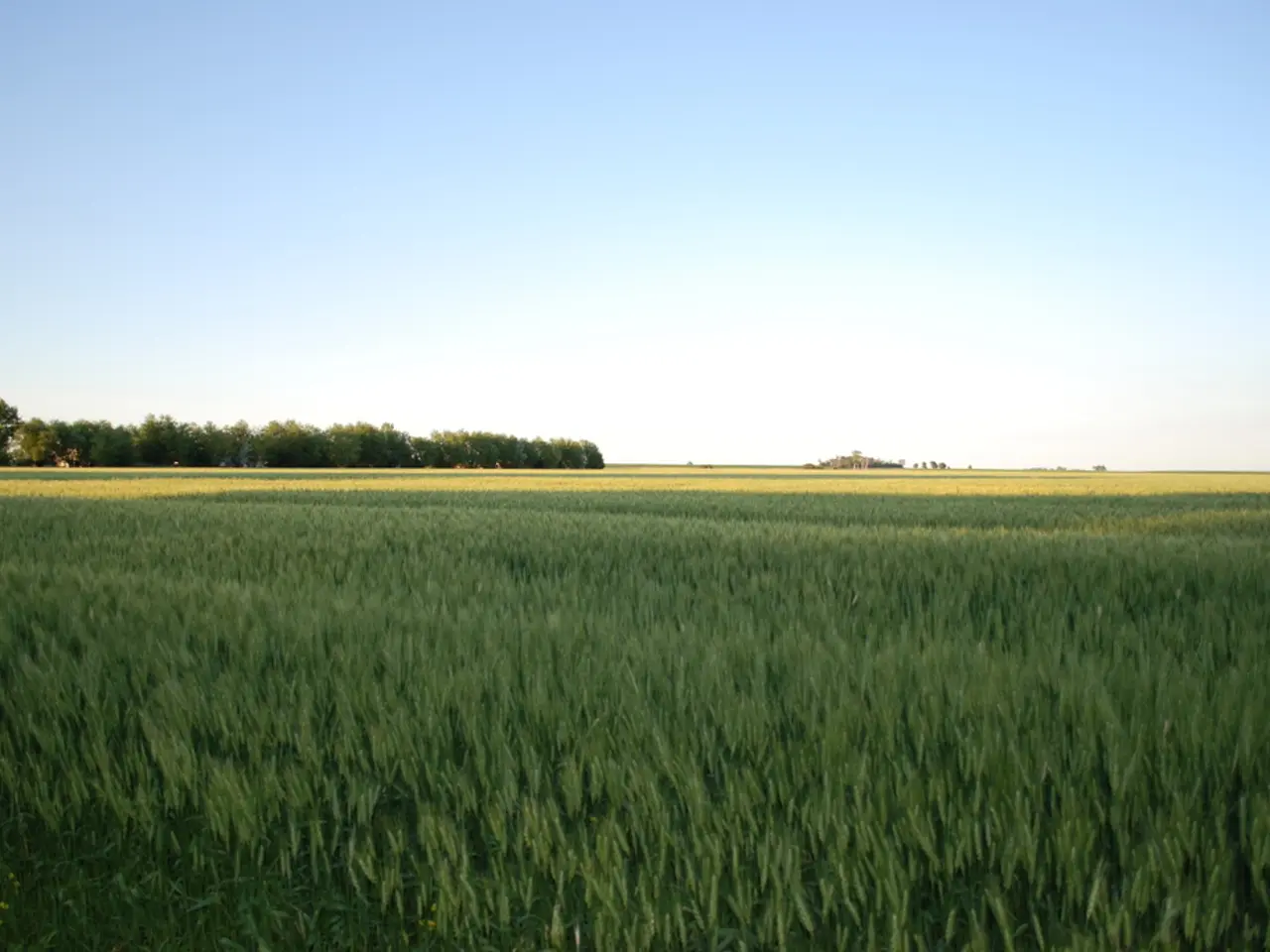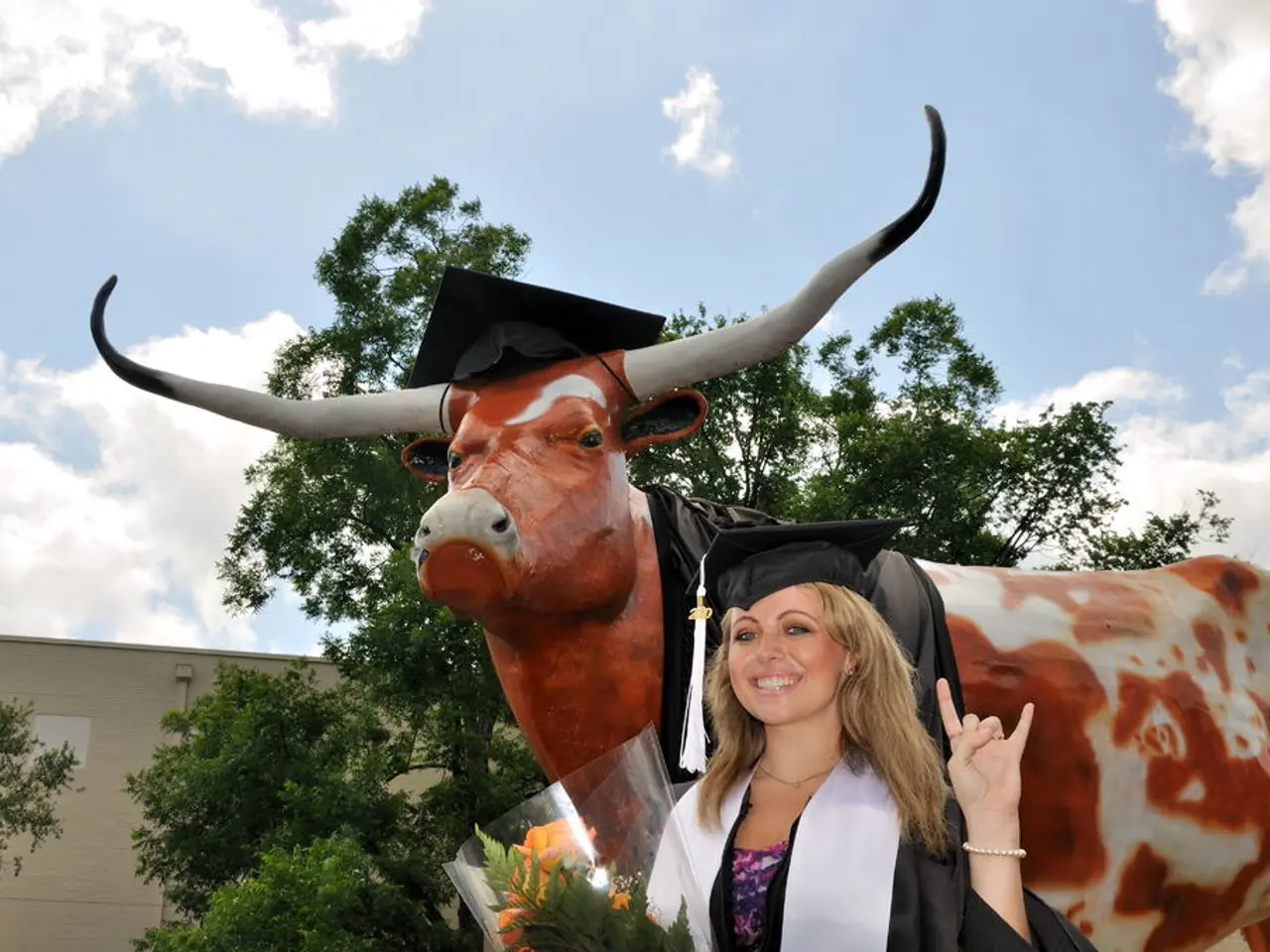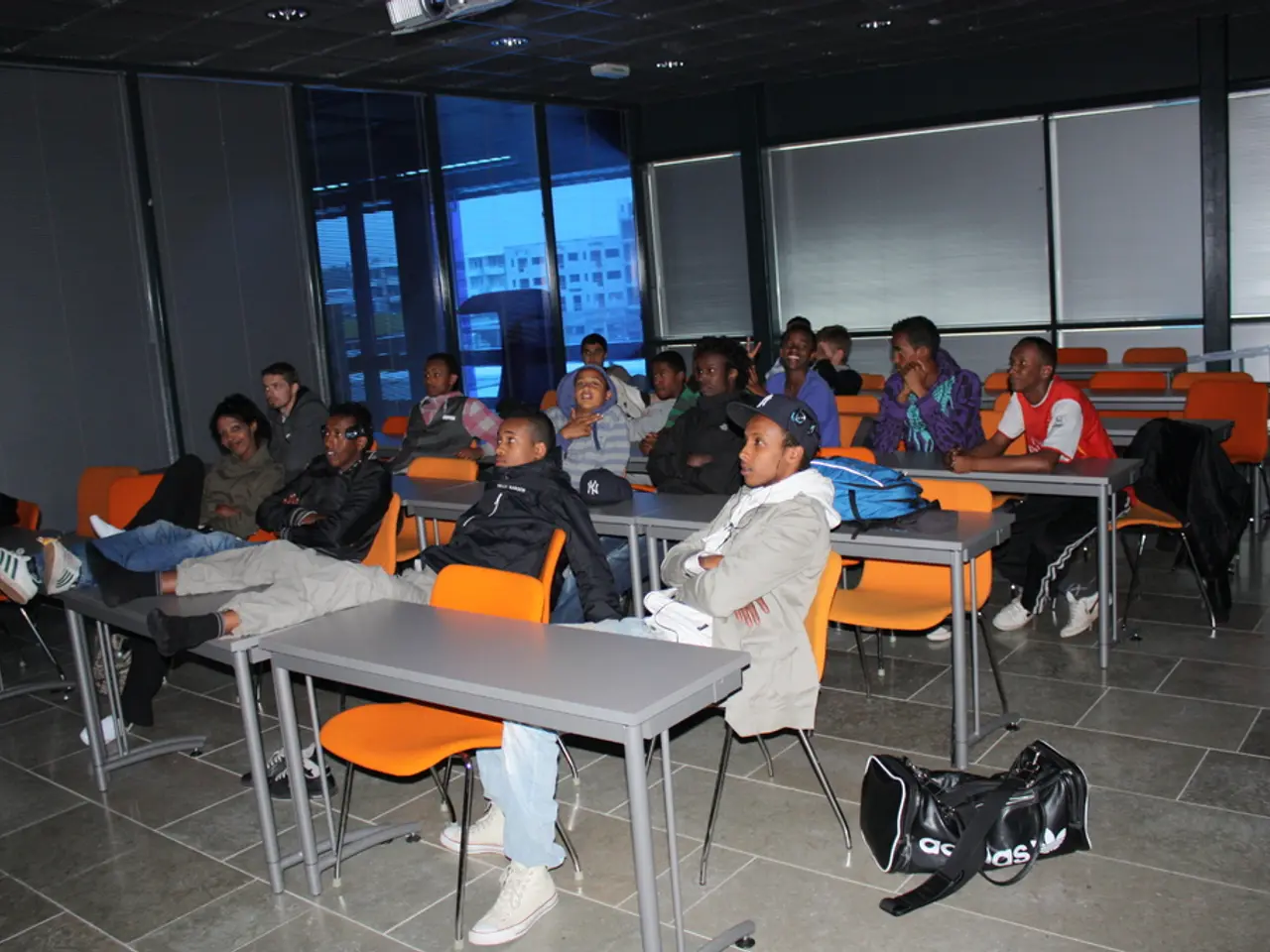International collaboration initiated: FAO and UK's ReAL Project aimed at aiding over 150 thousand Afghans suffering from food scarcity and environmental strain due to the climate crisis
The United Nations' Food and Agriculture Organization (FAO) and the UK government have launched a new initiative called the Resilient Agriculture Livelihoods (ReAL) project. This £10 million (approximately $12.9-$13 million) project, part of the UK's 'Promoting Resilient and Equitable Recovery of Agriculture and Livelihoods in Afghan Communities' (PREVALE) programme, aims to improve food security and restore rural livelihoods across 15 provinces in Afghanistan.
The ReAL project targets small-scale farmers, livestock keepers, landless laborers, and places special emphasis on widows and women-headed households. It seeks to support over 151,000 people (more than 21,500 households) in these communities by May 2026.
Key interventions of the project include enhancing wheat and dairy production to improve nutrition and income, restoring community irrigation systems to support sustainable agriculture, expanding access to high-quality seeds to boost crop yields, delivering livestock vaccinations and local animal health services to protect and improve livestock productivity, and empowering women through tailored support such as poultry packages, livestock training, and access to dairy markets.
FAO Representative in Afghanistan, Richard Trenchard, stated that the project lays down important pathways to help farmers rebuild their resilience, focusing on the 'Four Betters': better production, better nutrition, a better environment, and a better life. The project is designed to help farmers rebuild their resilience to repeated climate and economic shocks, aiming to promote sustainable land use and reduce long-term dependency on humanitarian aid.
Investing in agriculture remains one of the most cost-effective strategies to address food insecurity in Afghanistan. The project will be implemented in parallel with another PREVALE-supported initiative led by the Afghanistan Resilience Consortium (ARC). Strengthening local animal health services is a key component of the ReAL project, aimed at reducing livestock losses due to disease.
Experts stress the importance of sustained international support to protect hard-won gains and pave the way for long-term resilience and recovery in Afghanistan. Millions of Afghans still face chronic hunger, emphasizing the need for continued efforts. From 2022 to 2024, FAO's emergency and resilience-focused agricultural assistance reached over 30.3 million Afghans.
The ReAL project builds on this progress by promoting income-generating activities, improving market access, and helping communities manage climate risks more effectively. It is part of a broader commitment by the international community to support Afghanistan's recovery and development.
The first publication of this article was on August 7, 2025. It is important to note that the ReAL project does not provide any information related to the FAO's Green Cities Initiative in Cameroon.
The country continues to face overlapping climate, economic, and humanitarian crises. However, with initiatives like the ReAL project, there is hope for a more resilient and equitable future for rural Afghan communities.
- The ReAL project, an initiative under the FAO and UK government, focuses on environmental science, targeting farmers and communities in Afghanistan, aiming to generate income, improve food security, and promote sustainable practices such as better production and sustainable land use, despite ongoing climate-change and economic challenges.
- Beyond agriculture, the ReAL project includes education and self-development, particularly for women, offering poultry packages, livestock training, and access to dairy markets, as part of its broader commitment to support Afghanistan's recovery and development.
- The ReAL project, part of the effort to address food insecurity in Afghanistan, also prioritizes business aspects, aiming to strengthen local animal health services to reduce livestock losses, improve market access, and promote income-generating activities - key factors that can reduce long-term dependency on humanitarian aid and help communities manage climate risks more effectively.




